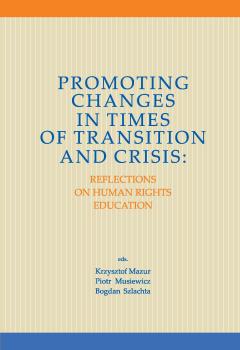Universal Values or Particular Agendas – Can We Still Speak Credibly of Human Rights? .......... 159
Synopsis
When we speak about human rights, the pre-supposition usually is that we all agree on what we understand by that term. But do we really? The affirmation of the universality of human rights conceals a bitter reality: while on the surface pompous human rights rhetoric gathers widest support, beneath it a hidden cultural war appears to be going on. The post-1968 cultural mainstream in the US and Western Europe uses the language and institutions of human rights to impose a system of “values” that are not universally shared. Ultimately what lies beneath conflicts on single issues (such as abortion, the legal recognition of same-sex “marriages”, or the removal of crucifixes from the class rooms in public schools) ap-pears to be a more fundamental conflict between different anthropologies. One of these diverging anthropologies derives from the concept of human dignity a radical autonomy of each human person, whereas the other views dignity as a source both of rights and du-ties. Radical subjectivism stands against the belief in an objective moral law, arbitrariness against reason, and a “political” against an ontological concept of human rights.





